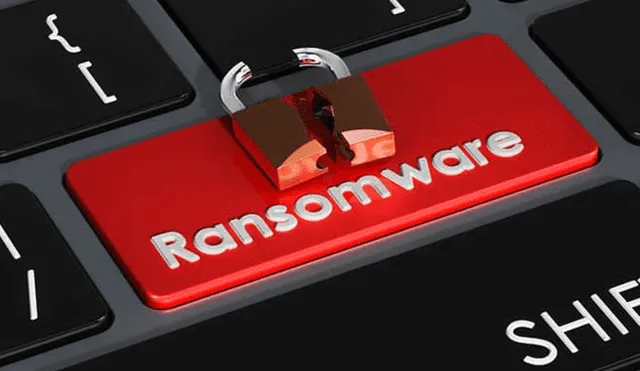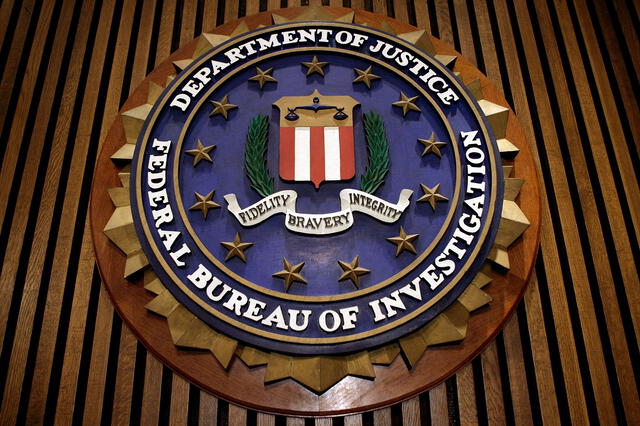FBI cybersecurity alert: How to protect Gmail, Outlook, and VPNs from Medusa ransomware
The FBI has issued an urgent warning for Gmail, Outlook, and VPN users to enable two-factor authentication (2FA) to protect against the ongoing Medusa ransomware attacks. Learn how to safeguard your systems from cyber threats.

The Federal Bureau of Investigation (FBI) has issued a critical cybersecurity warning to all users of Gmail, Outlook, and Virtual Private Networks (VPNs). This warning comes as part of a broader effort to combat the ongoing Medusa ransomware campaign, which continues to pose a significant threat to individuals and organizations alike. The FBI is urging users to take immediate action by enabling two-factor authentication (2FA) across all webmail and VPN services.
What is Medusa ransomware, and why should you care?
Medusa ransomware, a ransomware-as-a-service (RaaS) operation, has been wreaking havoc since it was first discovered in 2021. This sophisticated malware targets critical infrastructure and utilizes both social engineering techniques and exploits of unpatched software vulnerabilities to spread. Medusa's impact has been widespread, with more than 300 known victims, including high-profile organizations in various sectors.
The ransomware’s encrypted payload, which employs AES-256 encryption and RSA public key cryptography, locks files, making recovery without a decryption key almost impossible. Furthermore, the attackers implement various tactics to ensure that recovery efforts fail, including disabling backup systems and deleting shadow copies.
FBI’s urgent warning: Enable 2FA for Gmail, Outlook, and VPN Accounts
To mitigate the risk of falling victim to Medusa ransomware, the FBI has emphasized the importance of enabling two-factor authentication (2FA) for all services where possible, particularly Gmail, Outlook, and VPN accounts. This additional layer of security will help protect users from unauthorized access, especially as the Medusa group targets accounts with weak or compromised passwords.

The FBI warning comes as part of a broader effort to combat the ongoing Medusa ransomware campaign, which continues to pose a significant threat to individuals and organizations alike. Photo: Forbes
In addition to enabling 2FA, the FBI has shared a list of other key recommendations to protect sensitive data:
- Use Strong, Unique Passwords: Ensure that all accounts with password logins use long, complex passwords. Avoid using easily guessable or repetitive passwords.
- Update Software Regularly: Keeping operating systems, software, and firmware up to date is critical. Patching known vulnerabilities, especially in internet-facing systems, can prevent exploitation by ransomware actors.
- Segment and Secure Data: Store sensitive data in multiple locations, ensuring that it is physically separate and securely segmented to prevent unauthorized access.
- Monitor Network Activity: Use network monitoring tools to detect abnormal behavior and potential threats. Unauthorized scanning and access attempts should be promptly addressed.
- Enforce Access Controls: Apply the principle of least privilege when granting user access, and audit accounts with administrative privileges regularly.
- Disable Unused Ports and Scripting Activities: Disable unnecessary services, ports, and script permissions to limit potential entry points for cyber attackers.
Do not click on suspicious links
Despite the technical recommendations, experts also highlight the importance of recognizing social engineering tactics, which are a significant part of Medusa's attack strategy. Attackers often trick users into clicking on malicious links or downloading infected files, which can lead to widespread system compromise. Experts urge organizations and individuals to be vigilant and undergo security awareness training to reduce the effectiveness of these attacks.

ALSO SEE: South Carolina jury awards $700 million to family of Brittanee Drexel in civil suit over 2009 murder
The importance of not paying ransoms
As Medusa ransomware continues to target critical infrastructure and businesses, experts agree on one point: do not pay the ransom. Paying ransom demands does not guarantee that files will be decrypted or that systems will return to normal. According to recent studies, around 35% of victims who paid the ransom either did not receive decryption keys or received corrupted versions. The FBI and other cybersecurity agencies recommend focusing on prevention and recovery instead of capitulating to the demands of cybercriminals.












